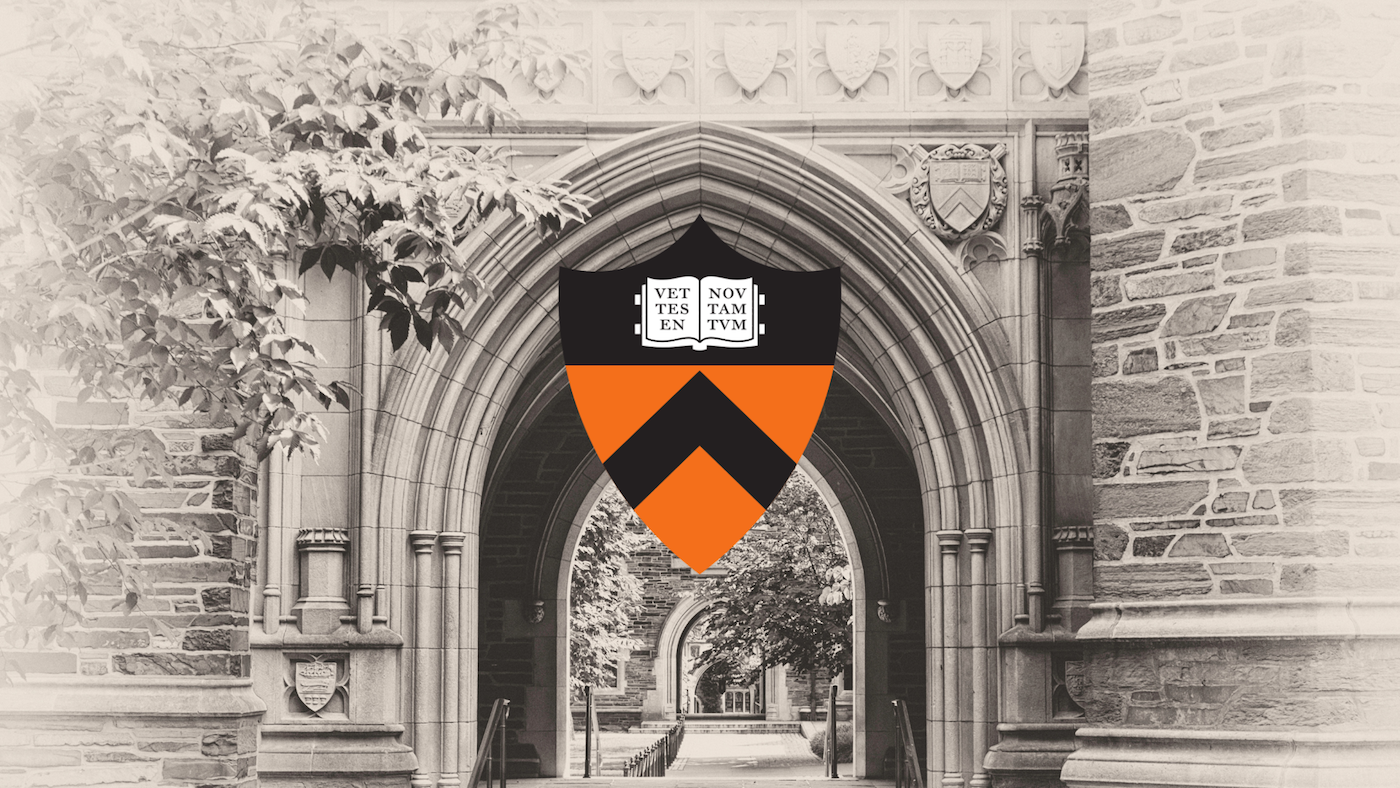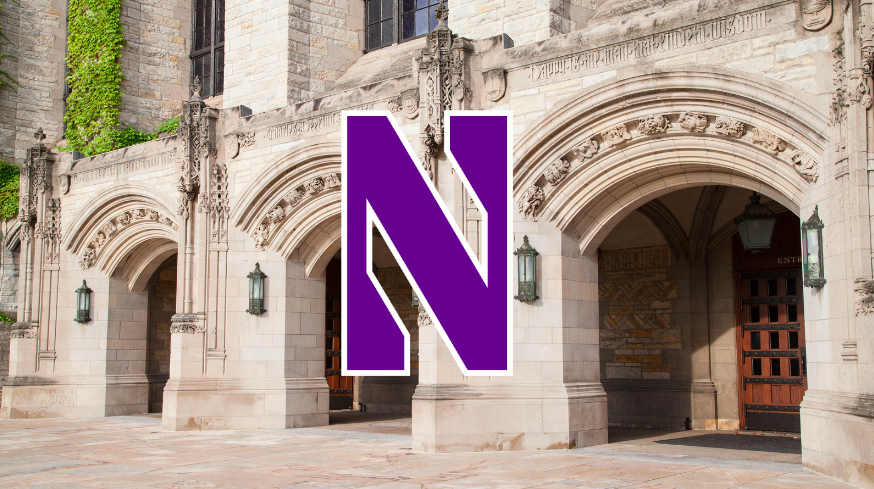
For years, University of Maryland College Park emphasized grades and scores in its undergraduate admissions review process for first-year applicants.
Then, a few years back, the university that Testudo the diamondback terrapin calls home added some innocuous and incredibly short answer responses requiring students to complete sentences such as, “The most interesting fact I ever learned from research was…,” “If I could travel anywhere, I would go to…,” and “Something you might not know about me is…” In past years students have had as few as 160 characters to complete such sentences.
Meanwhile, in 2020, Maryland suspended its requirement that first-year applicants submit either their SAT or ACT scores in order to be considered for admission.
Then, this past June, The Supreme Court of the United States ruled that race-based preferences in college admissions are unlawful. Within hours, University of Maryland College Park’s President Darryll J. Pines and Senior Vice President and Provost Jennifer King Rice published a letter on the Maryland website about the role of race in college admissions. In it, the two said the court’s decision was “disappointing” and that Maryland’s “already-unassailable commitment to a diverse and inclusive campus must strengthen and grow within the bounds of the law.” They added, “Our Enrollment Management team and campus administration have been preparing for this moment, and we are confident in our path forward.”
When the University of Maryland College Park supplement to the Common Application went live in Early August, the ‘complete the sentence’ prompts returned, but their responses were all given new 650-character count limits and they were accompanied by a new prompt unlike any Maryland has included on its first-year application before. The new prompt reads as follows:
“Because we know that diversity benefits the educational experience of all students, the University of Maryland values diversity in all of its many forms. This includes (but is not limited to) racial, socio-economic, gender, geographical, and sexual orientation. We are interested in hearing about your own individual life experiences. In a few sentences, will you please describe how you have learned, grown, been inspired or developed skills through one or more components of diversity.”
In summary, the prompt encourages applicants’ to show fealty to “one or more components of diversity” in up to 650 characters.
Then, in an email sent to counselors on August 11, 2023, James B. Massey, Jr., the director of Maryland’s Office of Undergraduate Admissions, shared the following message:
“The University of Maryland remains committed to a diverse and inclusive campus. As President Pines has stated, ‘we will remain a national leader by encouraging and supporting students of all backgrounds as they apply, enroll and graduate from UMD. The educational value of campus diversity is one we will not sacrifice.’ Our office ‘will multiply our recruitment efforts focused on what UMD offers its students—a commitment to inclusive excellence where all have the opportunity to succeed.’ In addition, within our application we are providing an opportunity for students to share how they’ve learned, grown, been inspired, or developed skills through one or more components of diversity.”
Of course, the new short answer response about diversity is more than an opportunity; it’s a requirement. Since The Supreme Court of the United States ruled in June 2023 that colleges can no longer admit students on the on the basis of race, a number of selective public and private colleges, now including Maryland, have added new required or optional questions or prompts to their 2023-2024 first-year applications, so Maryland is not unusual in this respect. Yet, Maryland’s new prompt is noteworthy because of the way in which it is worded and because applicants are limited to responding in only 650 characters to a prompt that is itself 487 characters long. The high prompt to response ratio, the content of the prompt, the kind of information it is seeking students to provide, and the email to counselors heralding the new prompt combine to make it certainly feel as though Maryland is attempting to use responses to this prompt as a means to “remain” as it was before the ruling. Pines’ and King Rice’s letter stated that before the Supreme Court ruling in June, race was one of “26 unique factors” the university considered in undergraduate admissions. As of October, Maryland’s admissions website indicates it now considers “more than 24 factors” when making admissions decisions, including “Breadth of life experiences,” “Extenuating circumstances,” “Socio-economic background,” and “Special talents or skills.” Is Maryland simply planning to subsume into one of these or other factors considered in its admissions review process a racial experience discussed in an applicant’s response to this new diversity short answer prompt for a student’s self-reported race, which Maryland considered before June’s ruling? And, if so, is that actually legal?
Maryland’s admissions leadership is clearly trying to inspire diverse applicants to write about diversity inclusive of how race may have shaped applicants’ perspectives, character, and overall value systems. Yet, in doing so, how far will Maryland admissions leadership go in taking information provided in applicants’ responses to this prompt to curate what it deems to be a sufficiently diverse first-year class?
Maryland, and all colleges in the US, if they intend to follow the letter and spirit of the law, must adhere to The Supreme Court of the United States’ ruling, written by Chief Justice John Roberts, which included this critical paragraph:
“At the same time, as all parties agree, nothing in this opinion should be construed as prohibiting universities from considering an applicant’s discussion of how race affected his or her life, be it through discrimination, inspiration, or otherwise. See, e.g., 4 App. in No. 21–707, at 1725–1726, 1741; Tr. of Oral Arg. in No. 20–1199, at 10. But, despite the dissent’s assertion to the contrary, universities may not simply establish through application essays or other means the regime we hold unlawful today. (A dissenting opinion is generally not the best source of legal advice on how to comply with the majority opinion.) “[W]hat cannot be done directly cannot be done indirectly. The Constitution deals with substance, not shadows,” and the prohibition against racial discrimination is “levelled at the thing, not the name.” Cummings v. Missouri, 4 Wall. 277, 325 (1867). A benefit to a student who overcame racial discrimination, for example, must be tied to that student’s courage and determination. Or a benefit to a student whose heritage or culture motivated him or her to assume a leadership role or attain a particular goal must be tied to that student’s unique ability to contribute to the university. In other words, the student must be treated based on his or her experiences as an individual—not on the basis of race. Many universities have for too long done just the opposite. And in doing so, they have concluded, wrongly, that the touchstone of an individual’s identity is not challenges bested, skills built, or lessons learned but the color of their skin. Our constitutional history does not tolerate that choice.”
Maryland has not officially stated how applicants’ responses to this prompt will be assessed. So, I emailed the following questions to Shannon R. Gundy, the enrollment management leader at Maryland responsible for all undergraduate admissions:
1. How was the wording of (the new) prompt determined? Who/what offices was/were involved in drafting and approving it to be included in this year’s first-year UMD College Park application?
2. How are University of Maryland College Park application readers/admissions officers being directed to assess student responses to this new short answer prompt?
3. With only 650 characters to work with, students have to take their experience(s) with an important and serious subject and condense it(them) into just a few sentences; therefore, what will be considered a strong response versus a weak response to this new prompt?
4. It certainly feels as though Maryland is attempting to harness many tools, including this prompt, in order to remain as inclusively excellent as it was before the Supreme Court ruling on race in college admissions was released this past June. Will the way students respond to this prompt in any way influence their chances of first-year admission at Maryland? And if so, how?
Gundy did not respond to my email. After three days, I emailed Hafsa Siddiqi, Maryland’s media relations manager, with the same questions. Siddiqi also did not respond to my email.
Therefore, because it’s not clear how responses to this prompt will be assessed by the university’s admissions officers starting in November (Maryland’s Early Action admissions plan, through which the university fills the vast majority of its first-year class, has an application deadline of November 1), members of the public have no way to know whether Maryland’s supplement to the Common App has taken a 650-character leap into lawlessness or into a legal loophole to June’s Supreme Court ruling.
While the court has stated it would be unlawful for undergraduate admissions teams to give applicants’ essay or short answer responses higher or lower consideration based on the racial background or backgrounds applicants choose to write about, what has also become clear since June is that many working in selective college and university admission, and the lawyers and consulting firms advising them, are now doing all they can to draw a distinction between a student’s “racial status” and a student’s “racial experience.” In doing so, certain admissions professionals at selective institutions have publicly stated that Roberts’ opinion gives their institutions the freedom to consider a student’s “racial experience(s)” as much as these institutions would like when making admissions decisions as long as the colleges don’t consider a student’s narrowly defined “racial status.” This perspective may ultimately have its own day in court.
In the meantime, with so few words with which to share anything much of substance in response to Maryland’s newest prompt, the general public – and first-year applicants to University of Maryland College Park in particular – would certainly benefit from knowing exactly how Maryland will be assessing student responses to this new diversity prompt, as 650-characters doesn’t really give anyone the chance to show and tell much at all about an experience, lessons learned, or skills built. Instead, Maryland’s newest application prompt is a recipe for students to only be able to share superficial tidbits about themselves or their experience(s), many of which are likely to only be skin deep.
 If one sentence could sum up the state of financing an American college education in 2024 it would be, “The more things change the more things stay the same.”
If one sentence could sum up the state of financing an American college education in 2024 it would be, “The more things change the more things stay the same.” Pell Grants
Pell Grants

 A career in healthcare is coveted by many due to comfortable paychecks, and more importantly, high job satisfaction. Knowing that at the end of the day, the job you did helped save or improve lives cannot be quantified, but makes a big difference nonetheless.
A career in healthcare is coveted by many due to comfortable paychecks, and more importantly, high job satisfaction. Knowing that at the end of the day, the job you did helped save or improve lives cannot be quantified, but makes a big difference nonetheless. Picture it. You are all alone in your bedroom at 11:47 p.m. on a Tuesday night.
Picture it. You are all alone in your bedroom at 11:47 p.m. on a Tuesday night. Princeton University has released its 2023-2024 supplemental essay prompts for first-year applicants, making it the final Ivy League institution to do so.
Princeton University has released its 2023-2024 supplemental essay prompts for first-year applicants, making it the final Ivy League institution to do so.
 Considering how much the word “inclusive” is bandied about these days, Wake Forest University would, at first glance, appear to be taking a big risk by creating a new Early Action admissions option that will be the exclusive domain of only certain applicants based on their demographics alone. Yet, that’s exactly what Wake Forest is doing while promoting its new Early Action admissions option as a tool to promote inclusivity.
Considering how much the word “inclusive” is bandied about these days, Wake Forest University would, at first glance, appear to be taking a big risk by creating a new Early Action admissions option that will be the exclusive domain of only certain applicants based on their demographics alone. Yet, that’s exactly what Wake Forest is doing while promoting its new Early Action admissions option as a tool to promote inclusivity.

 Lafayette College, a small private college in Easton, Pennsylvania with a reputation for solid undergraduate engineering and liberal arts programs, used the launch of the 2023-2024
Lafayette College, a small private college in Easton, Pennsylvania with a reputation for solid undergraduate engineering and liberal arts programs, used the launch of the 2023-2024